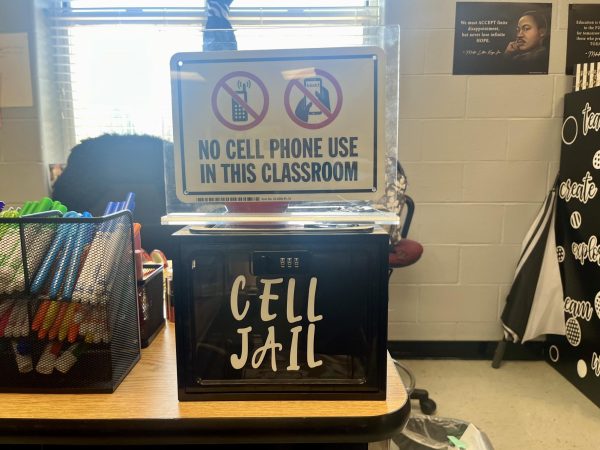Mississippi governor turns medical marijuana bill into law.
Mississippi has officially become the 37th state to legalize medical marijuana.
Mississippi has officially become the 37th state to legalize medical marijuana.
On February 2nd, Governor Tate Reeves signed the long-contested bill into law.
This development comes 15 months after the Mississippi public voted in support of Initiative 65, which would decriminalize the drug for medical purposes. However, this initiative was overturned by the Mississippi Supreme Court in May of 2021.
The Court decided that the initiative could not be passed, due to the fact that Section 273 of the Mississippi Constitution states that the initiative process requires approval from one-fifth of each congressional district. This amendment was added in the 1990s, when Mississippi consisted of 5 congressional districts.
Although Mississippi’s number of districts has been reduced since the census of 2000, the wording of this law was never changed by legislators.
The justices wrote in a majority opinion, “…the drafters of section 273(3) wrote a ballot-initiative process that cannot work in a world where Mississippi has fewer than five representatives in Congress.”
After this decision, protests were held near the Mississippi Capitol, the State Supreme Court, and even outside the Governor’s Mansion. Public outcries had continued to rage for government action to enact a medical marijuana program in Mississippi, until now.
Supporters of the proposal for medical marijuana reference how the use of tetrahydrocannabinol (THC) has been proven to benefit those who suffer from a numerous variety of conditions. THC is the main psychoactive ingredient in marijuana, which creates the “high” that comes from taking the drug.
Ailments that THC may help can include Alzheimer’s Disease, Crohn’s Disease, HIV/AIDS, Epilepsy, Sickle Cell Disease, and severe nausea and pain. Cancer patients who are going through chemotherapy treatment, have also found aid and relief in the use of medical marijuana.
Peter Grinspoon, M.D. stated in Harvard Health Publishing that “the most common use for medical marijuana in the United States is for pain control” and “…it is clearly safer than opiates (it is impossible to overdose on and far less addictive) and it can take the place of NSAIDs such as Advil® or Aleve®, if people can’t take them due to problems with their kidneys or ulcers or GERD.”
Despite THC’s widely-known benefits and its approval from the U.S. Food and Drug Administration, many states have still remained hesitant to decriminalize the substance.
In Mississippi, possession or sale of any amount of cannabis is punishable by law. Mississippi is also included in a very small minority of states to sentence habitual offenders to life without parole in prison.
This means that a person caught multiple times with marijuana may never take a step outside prison again.
After signing the Mississippi Medical Cannabis Act, Tate Reeves released a statement explaining his decision, while also expressing some distaste for what the bill could lead to.
“There is no doubt that there are individuals in our state who could do significantly better if they had access to medically prescribed doses of cannabis. There are also those who really want a recreational marijuana program that could lead to more people smoking and less people working, with all of the societal and family ills that that brings,” Reeves said.
Celeste Hernandez, a senior at Center Hill High School, did not agree with Governor Reeves’s comments.
“The medical marijuana bill is something that many people in Mississippi need…it’s not right for him to comment on a portion of the state’s community when a majority of Mississippians wanted this specific program enacted,” she said.
Between Initiative 65 and the passed medical marijuana bill, there are some considerable differences which Governor Reeves refers to as “improvements we fought to include in the final version of the bill”.
These changes included the amount of cannabis one could receive per month (which was reduced by 40%). Also, marijuana dispensaries could not be within 1,000 feet of churches or schools.
The program will go into effect 120 days after the bill was signed into law.

Shelby Parsons (she/her)
Editor-in-Chief, The Pony Express.
“Quote.” — Author
Shelby Parsons is the Editor-in-Chief of The Pony Express. A member...









